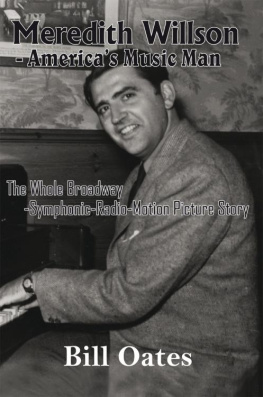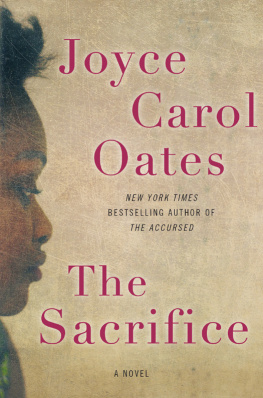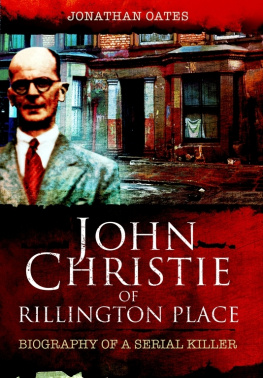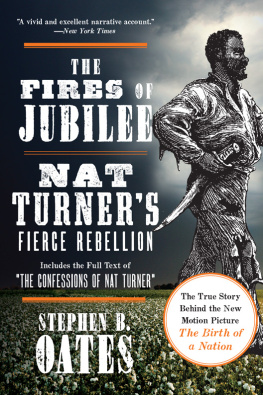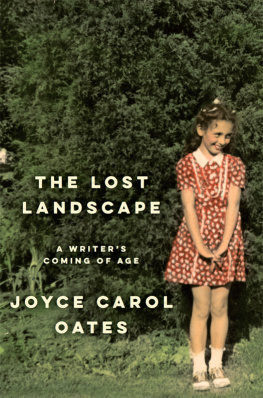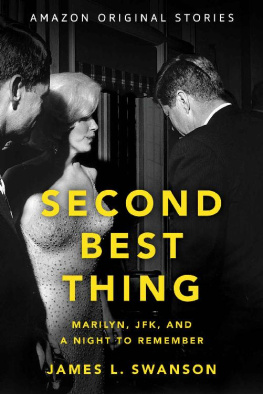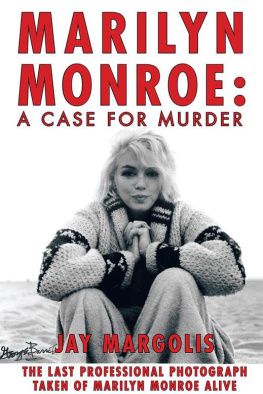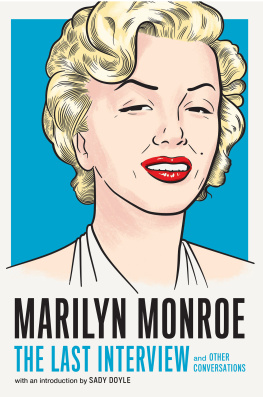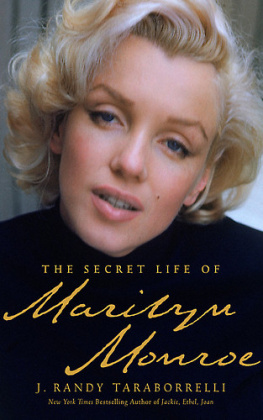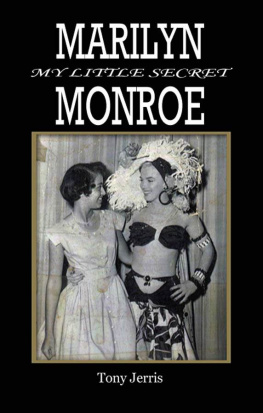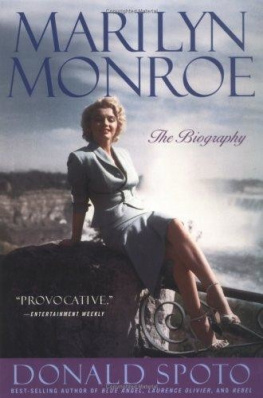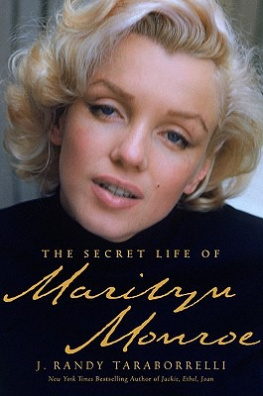I WAS DADDYS FAVORITE of his seven kids, but still he sent me into exile when I was thirteen and refused to speak to me for twenty-seven years, nor would he allow me to return to our house on Crescent Avenue, Perrysburg, New York, even when Grandma died (though he couldnt keep me away from the funeral mass at St. Stephens and afterward the burial in the church cemetery, where I stood at a distance, crying) when I was twenty-two. Only in the final months of his life, when Daddy was weakened with emphysema and the anger leaked from him, was I allowed to return to help Mom sometimes. Because now Mom needed me. But it was never the same between us.
Daddy was only seventy-three when he died, but he looked much older, ravaged. Always hed driven himself hard, working (plumber, pipe fitter), drinking heavily, smoking, raging. Hed been involved all his working life with union politics. Feuds with employers, and with other union members and organizers. Every election, Daddy was in a fever for weeks. One of those men involved behind the scenes. Delivering the Perrysburg labor vote. A hard-muscled man with a roostery air of self-esteem, yet edgy, suspicious. Daddy was a local character, a known person. Hed been an amateur boxer, light heavyweight, in the U.S. Army (195052), and worked out at a downtown gym, had a punching bag and a heavy bag in the garage, sparred with my brothers, who could never, swift on their feet as they were, stay out of reach of his dynamite right cross. When I was living with relatives across town, in what I call my exile, I knew my father at a distance: caught glimpses of him on the street, saw his picture in the paper. Then things changed, younger men were coming up in the union, Daddy and his friends lost power, Daddy got sick, and one sickness led to another. By the time I was allowed back in the house on Crescent Avenue, Daddy was under hospice care, and hed turned into an old man, shrunken by fifty pounds, furrows in his face like youd make in a piecrust with a fork. I stared and stared. Was this my father? That face I knew to be ruddy-skinned, good-looking, now gaunt and strangely collapsed about the mouth. Even his shrewd eyes were smaller and shifting worriedly in their sockets as if he was thinking, Is it in the room with me yet?
John Dellamora, whod always been contemptuous of weakness in others and in himself, now dependent upon breathing oxygen through a nose piece. Watching me sidelong as I approached his bed bearing a bouquet of white carnations in my trembling hand.
Daddy? Its Lili Rose
When the hospice nurse took me aside and said, If theres some bitterness between you and your father nows the time to make it up, later will be too late, I said right away, Thats up to my father, I think. Everything was up to him. God damn if Id say I was sorry when I was not sorry.
I think Daddy knows me. Sometimes. Still he stiffens as if hes afraid I might touch him, and moves his head in a tight little nod when I speak to him, though I can feel him staring at me, at my back, when I leave the room, and always Im thinking hes going to call me back in his old teasing voice Hey Curly Red, cmon! Lets make it up.
Curly Red. That name I havent heard from anyones lips in twenty-seven years.
Im waiting. Im certain that hour will come.

WE WERE MARIANA, and Rick, and Emily, and Leo, and Mario, and Johnny Jr., and Lili Rose. Daddy would stare at us in disgust, picking at his teeth with a silver toothpick. Christ! Looks like a platoon. He was proud of us and loved us, though. Most of the time.
We lived in a large wood-frame house Daddy made sure was always painted and in good repair, front and back lawns mowed, sidewalk shoveled in winter. There was a tall red maple in front that turned fiery and splendid in October. Our house was at the dead end of Crescent Avenue, above the Niagara River. It was a steep dizzy drop to the riverbank. Cliffs on both sides were exposed shale that always looked wet, sharp. Beyond the dead end was a no-mans-land of scrub trees and thistles and sumac that flamed up in early autumn, where young kids played. It was a dangerous playing area, if you lost your footing. The view of the river from our house was beautiful, I guess. A river you see every day, from the window of your own room, you take for granted until one day its gone from you. I cried a lot when I was sent away.
But the river got into my dreams. Wide, and glittery like fish scales, always choppy like a living thing restless beneath its skin. Miles away the thunderous Falls like a nightmare. Always there was a wind, and in winter the air could freeze your eyelashes together in a few seconds. There was that morning in December youd wake to see the river had frozen, turned to black ice.
I had a happy childhood in that house. Nobody can take that from me.
THIS CLIPPING FROM the Perrysburg Journal I saved until it was so dry it fell to pieces in my fingers. An obituary beneath a two-inch-high photo of a shyly smiling black boy with a gap between two prominent front teeth.
Jadro Filer, 17. Resident of Bayside Street, Perrysburg. Varsity basketball at Perrysburg High School. Choir, Bible Baptist Church. Died in Perrysburg General Hospital, April 11, 1973, of severe head injuries following an attack early in the morning of April 9 by yet unidentified assailants as he was walking on Route 11. Survived by his mother, Ethel, his sisters, Louise and Ida, and his brothers, Tyrone, Medrick, and Herman. Services Monday at Bible Baptist Church.
Always people would ask if Id known Jadro Filer. No! Or any of his family. It was only after his death I came to know him. It was only after his death we came to be associated in some peoples minds. Jadro Filer, Lili Rose Dellamora.
Not that it did any good for Jadro Filer, who was dead. And it was the worst thing that could have happened to me.
WHEN WE WERE growing up my brothers were often in some kind of trouble. I had four older brothers. All except Johnny Jr., the closest to me in age, had quick tempers. Its serious trouble Im speaking of here. That time Leo and Mario got into their first serious trouble I was ten, and never knew what happened exactly. Nobody would tell me much. Mom kept saying, scolding, Never mind! The girl, Liza Deaver, was fifteen, with thick glasses, a splotched turtle face, a slow whiny insinuating manner of speech. She was as fattish and mature as a grown woman, in special-education class at Franklin Roosevelt Junior-Senior High School, where Leo, sixteen, was a sophomore and Mario, thirteen, was in eighth grade.
No news item would appear in the Perrysburg Journal about Liza Deaver. Only minors were involved, and the victim so young.
There were ten or eleven of them. Theyd cajoled Liza into coming with them to Huron Park after school. Theyd tramped through the muddy playing fields, past the skeletal trellises of the municipal rose garden to the swimming-pool area, to the old stucco building where refreshments were sold in summer and where there were foul-smelling rest rooms, changing rooms. In the off-season the building was deserted, dead leaves blew about the cement walks. But the rest rooms were unlocked.
The boys brought Liza into the mens room.
Questioned afterward by police, school officials, parents, the boys would claim, Liza wanted to come with us. It was Lizas idea. Liza said shed done this before, with her brothers. Liza would deny this, Lizas parents would deny it, strenuously. Liza hadnt been injured enough to require hospitalization, but her clothes had been torn, her nose bloodied, her body bruised and chafed. Still, the boys insisted it had been Lizas idea. Theyd been nice to her, they said. Witnesses would corroborate that theyd given her presents shed eagerly accepted: a Mars bar, a plastic pearl necklace found in the trash, a perfumy deodorant. (Liza Deaver was notorious around school for her strong, horsey odor.) The boys fathers hired a single lawyer to represent their sons, a friend of Daddys retained by the AFL-CIO branch union to which Daddy belonged, and a public hearing in juvenile court was avoided.


